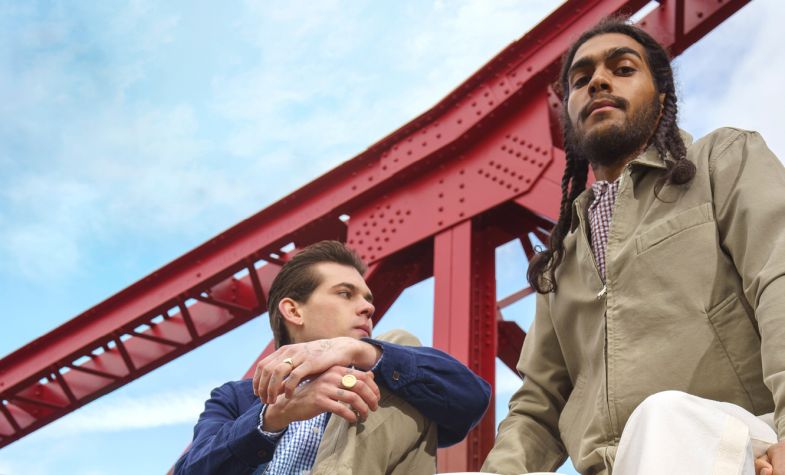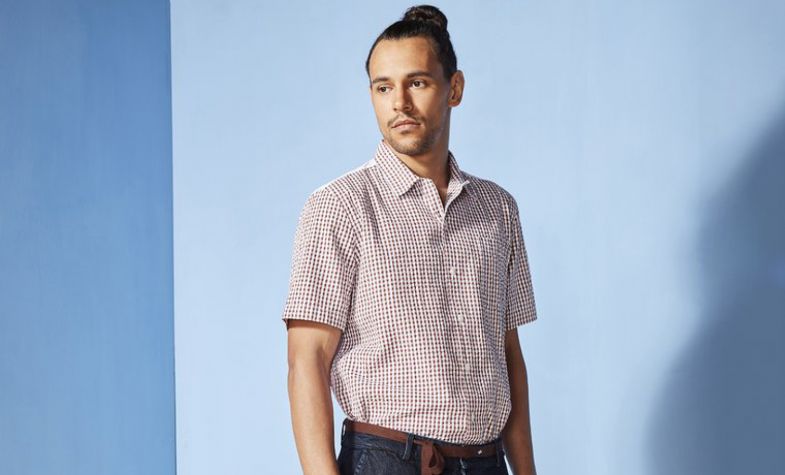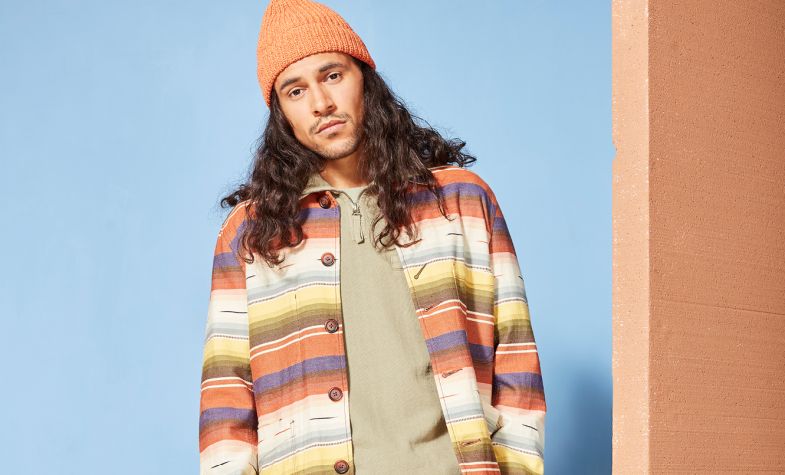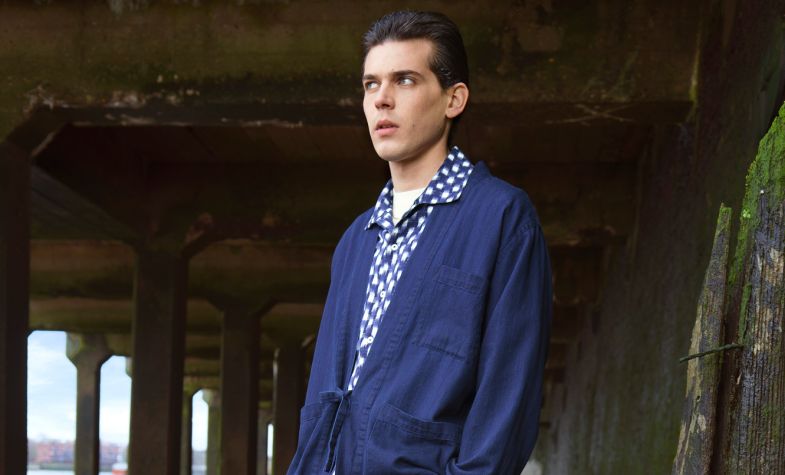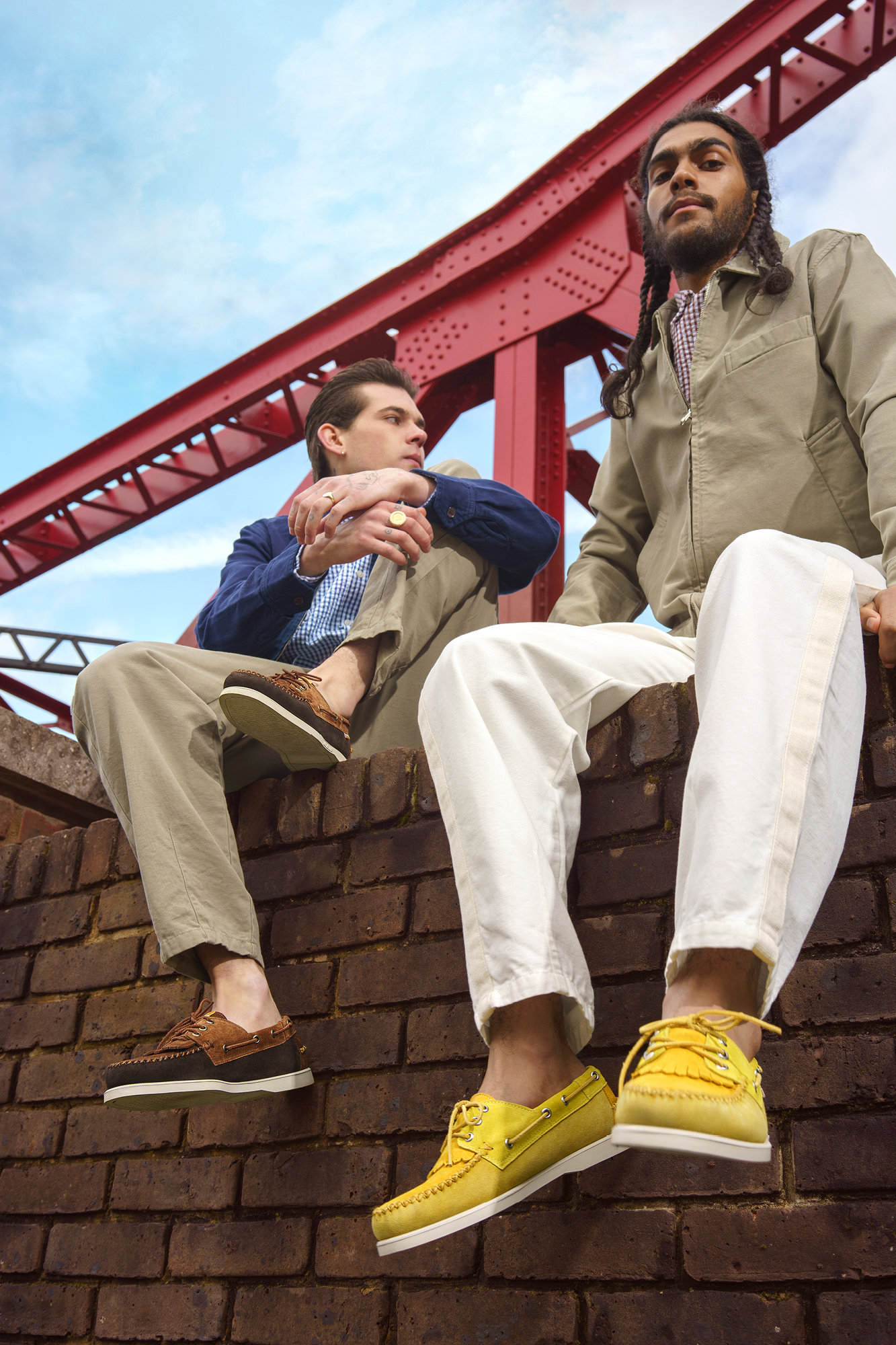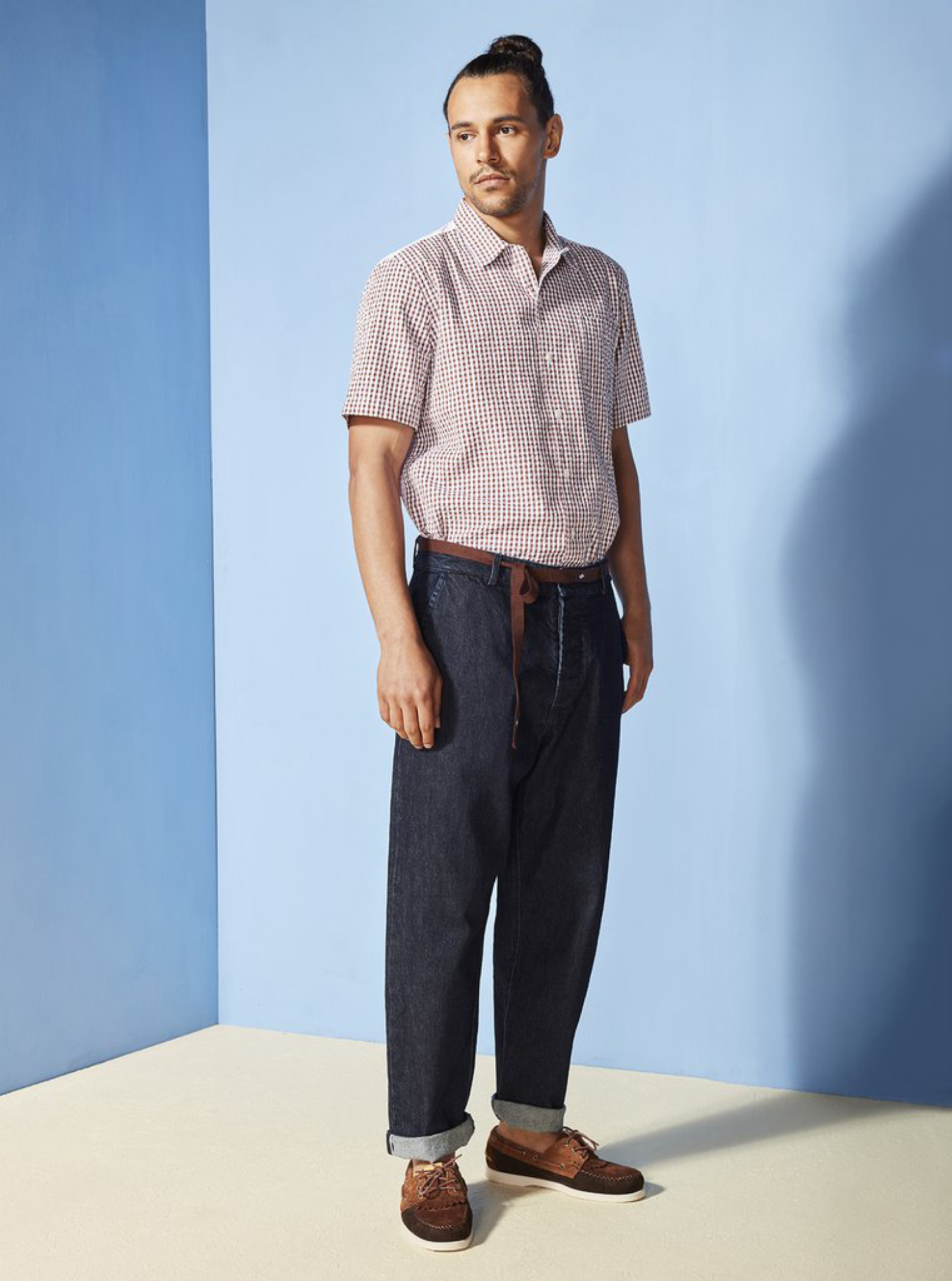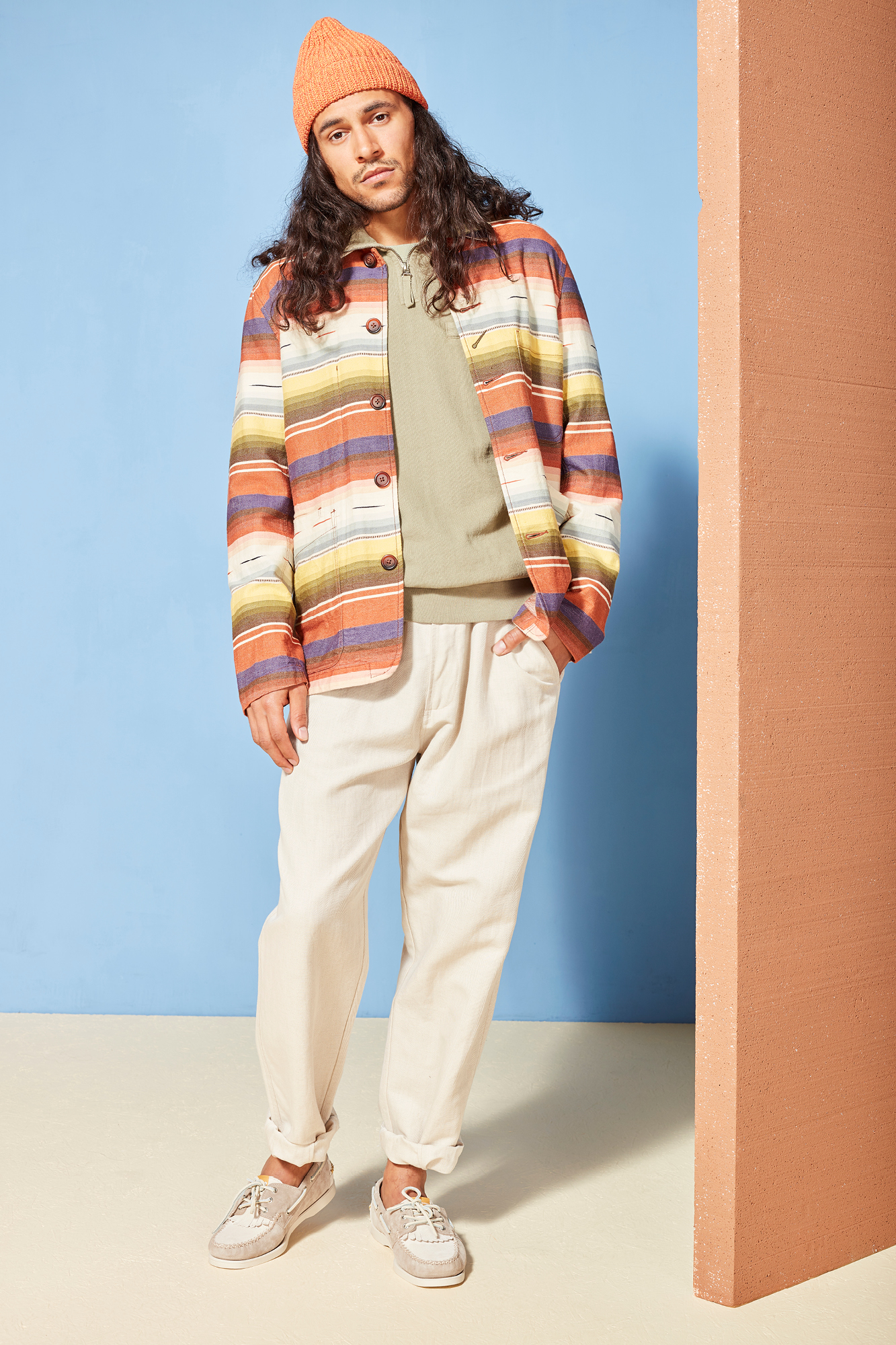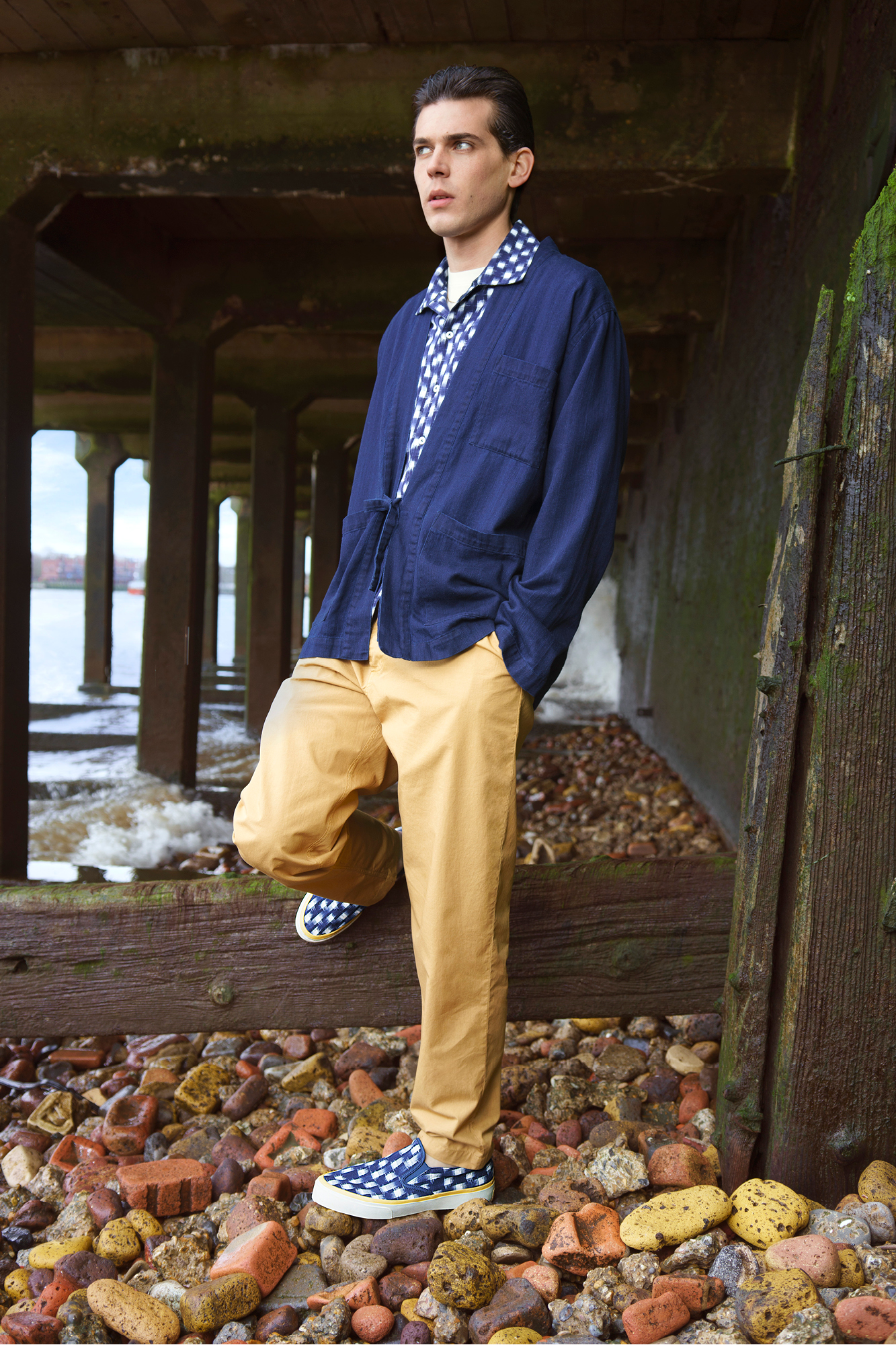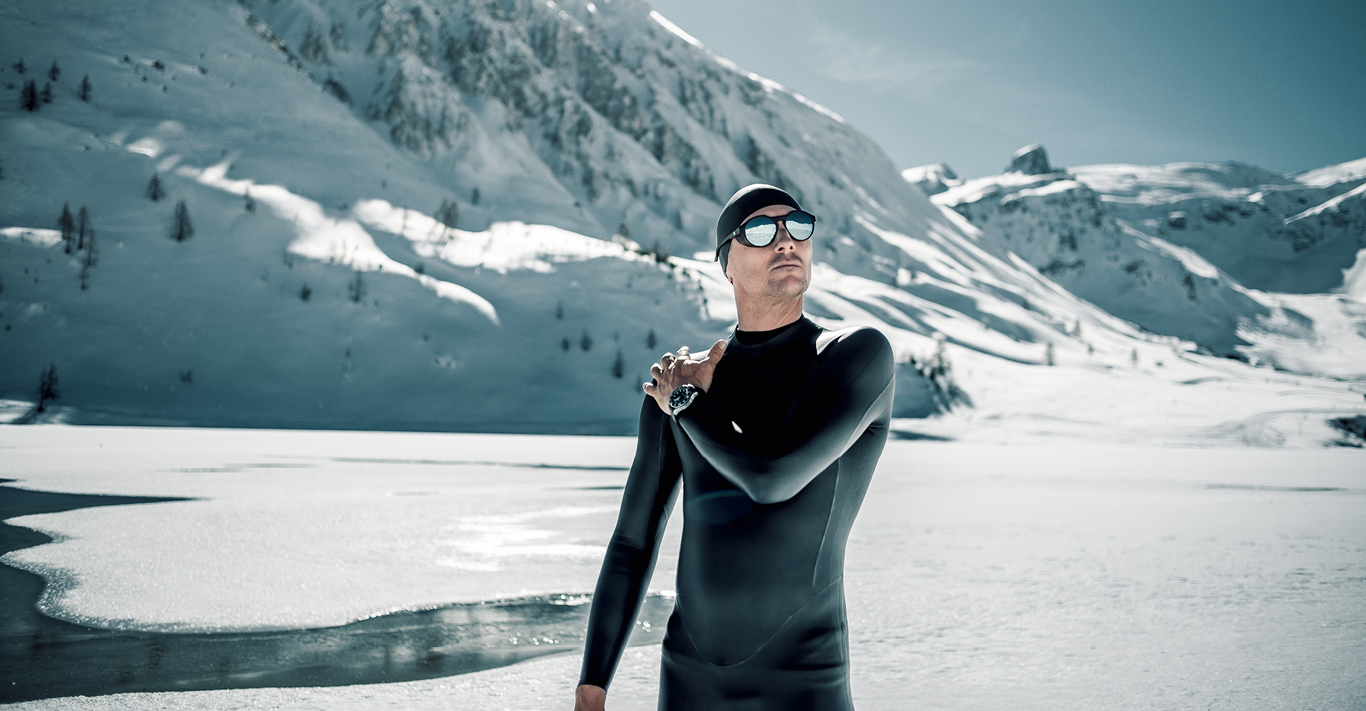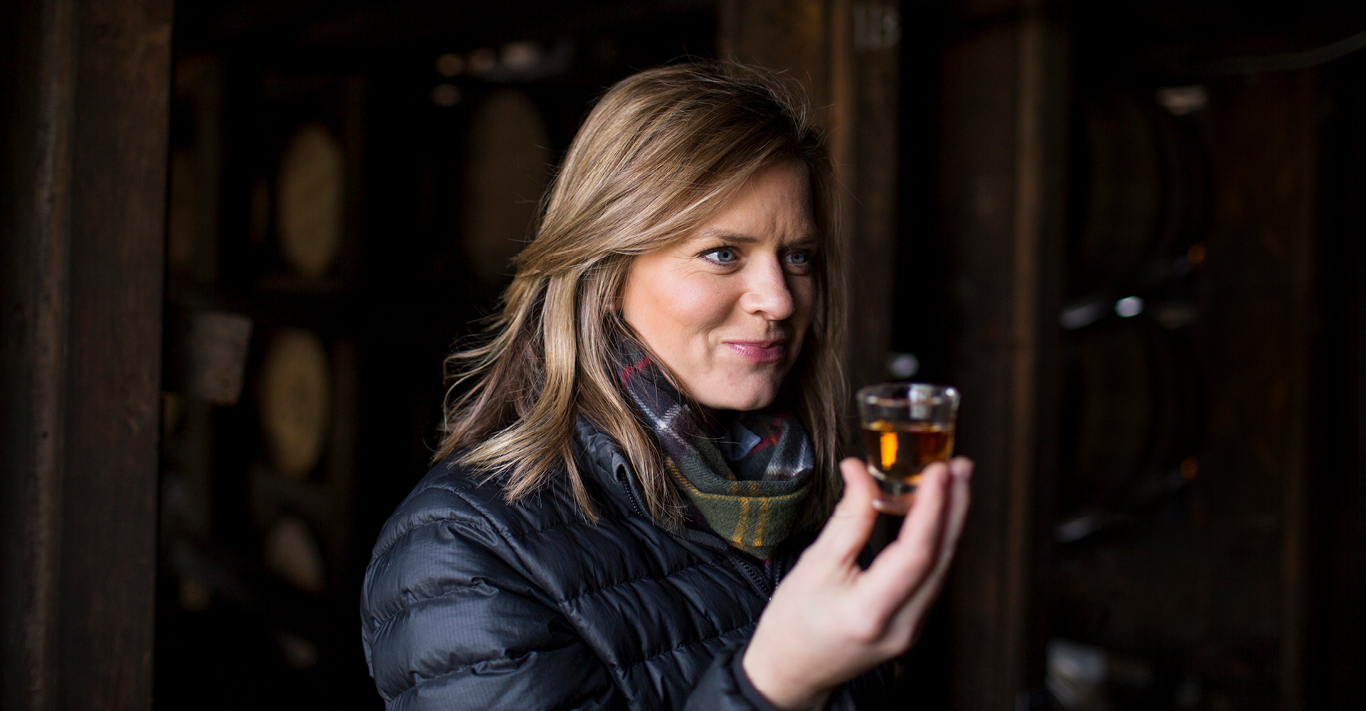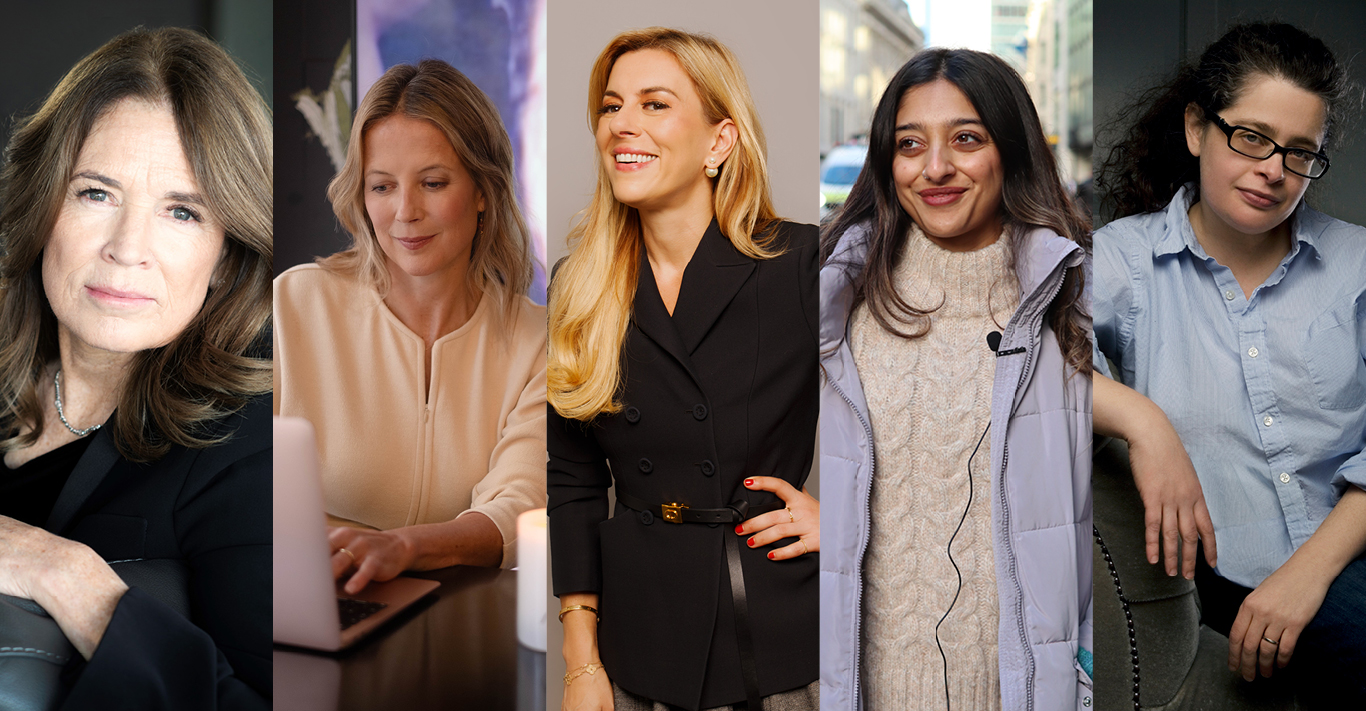WORDS
Jane Fulcher
How would you describe the Universal Works style?
Universal works is really a large wardrobe for me – it’s exactly what I want to wear. I hope it’s very stylish and cool, but certainly understated. It’s not formal clothing, it’s very casual and has a certain practicality and utilitarian sense to it – it’s for grown ups. I want you to be able to wear it for many different occasions – you can wear it in the office, but you can go to the pub afterwards and whatever kind of meeting you’re in, you wouldn’t feel out of place.
You’ve described Universal Works as making real, honest clothing, what does that mean to you?
It means everything – we try and do everything with a degree of honesty. I wanted to make clothing that you feel comfortable and cool in and makes you feel confident, but that does a practical job. The clothes work, they last and they will take you from day to night. I think you can have practical and useful garments that are still cool and stylish. And I don’t think you have to wear something from a designer brand to go to a restaurant, but something from a high-street brand to go to the office. These are all parts of your life and how you dress is an important way of expressing yourself. As much as I love very luxurious fabrics I think you have them for a particular reason and time so I am very in favour of English wools or Chino cottons, fabrics that are practical and work hard for you.
How did you develop your interest in clothes and style?
I have a memory of being seven or eight years old and telling my mother that I didn’t want her to buy me clothes anymore. That I didn’t like what she was buying me, and could I have the money to buy my own? As far as I can remember, I think she said yes! I grew up as a working-class kid and we didn’t have lots of money to throw around, but my immediate family wanted to dress well. When they went out on a weekend they wanted to look sharp: wear a fancy suit and a nice new shirt. I remember always being interested in the way people looked at you when you wore something. Whether they looked down on you, or laughed at you, or were impressed by you, it had an effect. I don’t think that I knew I wanted a career in it – I didn’t know there was such a thing as a fashion designer. It was never in my world or my lexicon.
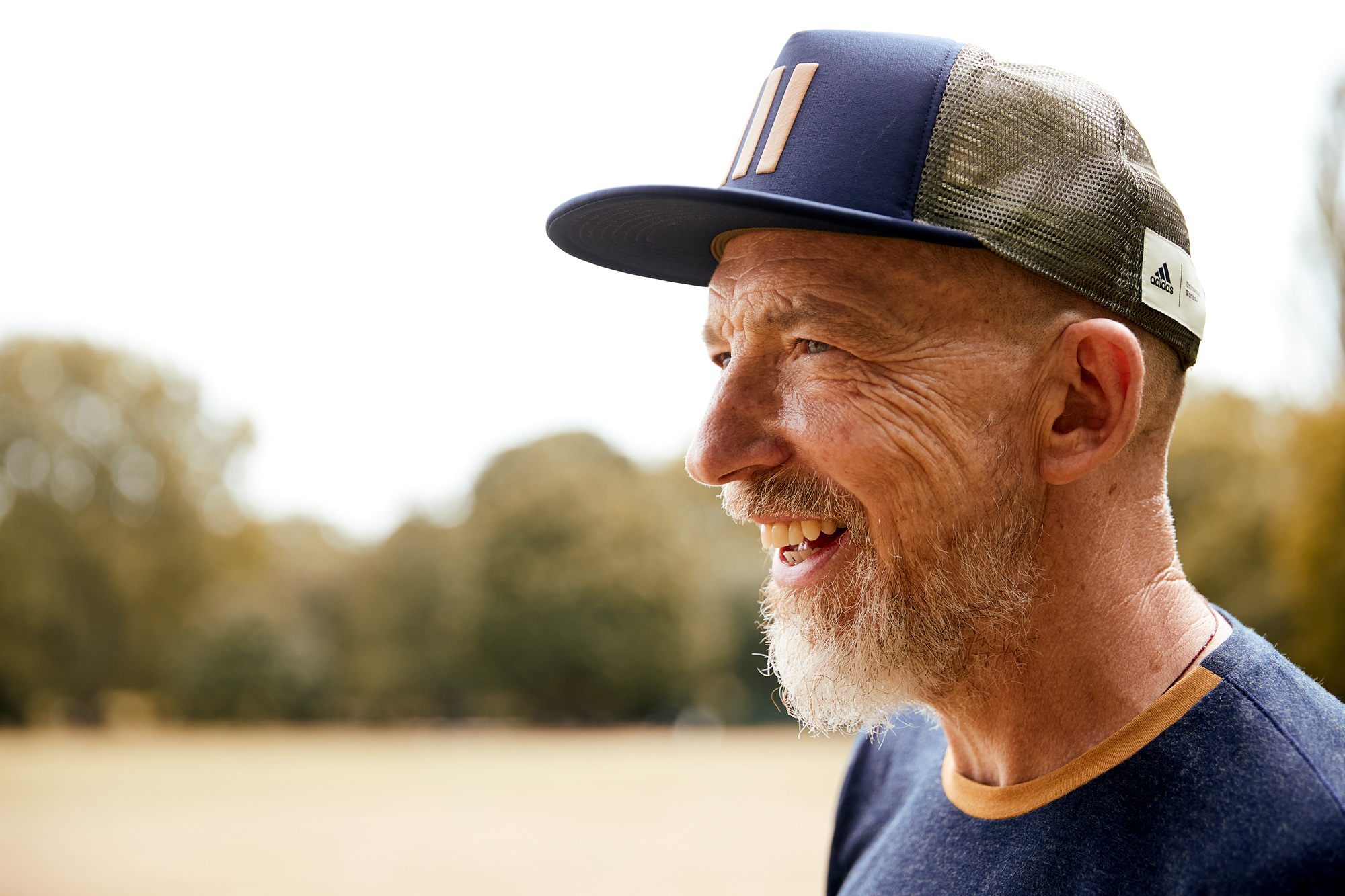
Who are your biggest style influences?
Apart from those family members who got dressed on a Saturday night to go to the club and dance, my first style influence would absolutely have been David Bowie. I think everyone who grew up in the 1970s was obsessed with Bowie. With the changing looks and the music, it was pretty special.
You managed Paul Smith’s original shop in Nottingham, can you tell us what that was like?
I was probably one of the last people that Paul interviewed. It was when the business was small enough that he was still interviewing people for the job running one of his stores. I turned up wearing the same jacket as him because I bought it from his store. I saved up a lot of weeks’ salary to buy it and I think that got me some plus points. He gave me the job running a store when I had absolutely no right to do that – I had no experience. I think he was thrilled by my excitement and enthusiasm. And I assumed everyone in that city wanted to buy his clothes because I did. Working for him was an utter education from day one until the day I left – it was just one big learning curve and an immense pleasure. Everything I learned from him still stays with me today as does his enthusiasm, attitude, positivity and his massive sense of fun.
The relationship you have with the factories and craftspeople you work with seems to be very important to you and Universal Works as a brand. Can you describe why that is and how you maintain close relationships with the people you work with?
When I worked for Paul Smith, I was not a designer at all. I was the kid who did whatever I was told to do. And I ended up being the production manager for, what was then, a relatively small company, but growing hugely. It was my job to take a design, an idea of Paul’s and make it actually happen in a factory. I really loved working with people that actually could stitch, sew, cut or knit. I discovered that turning up, shaking someone’s hand and being interested made a difference. You got your things on time, or slightly less late than everyone else’s. When I started my own brand, I didn’t have a backer and so we had to do things on a shoestring and I had to call in every favour from every maker that I’d met – in the UK and Portugal in India, in Italy. People responded because they knew me and I had formed relationships with them over many years.
I always wanted the makers to feel like part of our brand. A big part of working with other people successfully is being there, making it happen, being part of it, understanding their problems and making their lives easier rather than harder. So we thought we should design things based on which shirt maker or knitwear factory we’re working with. Rather than trying to reinvent them, we try and work with their skillset. I think they respond to that and are also willing to try new things because of the way we work with them.
Looking at what Universal Works and the work you’ve done with artists, musicians and other brands it seems that collaboration is really important to the brand, is that true?
It’s a huge pleasure when people want to work with us. Whether it’s the giants such as Adidas or smaller skate brands, I think we’ve treated them all the same. I’ve got nothing but good things to say about both those companies! I don’t think we’ve ever done a collaboration that was about making money. About talking to each other’s audiences, sure. But I’m lucky enough that our collaborations have been interesting and the product has then sold.
Whenever we do things, we tend to do it in limited numbers. For example, with Goodhood we made 20 jackets using a Joy Division artwork I bought by Peter Saville when I was 16 or 17 years old. Those are still out in the world somewhere. They were really amazing things, but it cost us more money than we ever made from it was just a great thing to do. And people appreciate the fact that we do some of those things just for the pure joy of it. Often it goes back to that idea of Universal Works being a big wardrobe for me. It’s: “I really want a pair of those shoes, I wonder if I can do a collaboration with them?”
A lot of our readers are going to be working from home this summer, what can you recommend to wear that looks good on a video call and is comfortable and cool at the same time?
Apart from the odd lapel jacket, I think all of our collection works, because it’s meant to be comfortable. We have a slightly looser silhouette than was fashionable five or even 10 years ago – but now it’s cool. I hope it makes people feel comfortable. It’s easy to get very relaxed at home but I would still be putting on a nice shirt rather than one I don’t care about. I always make a point to put the same things on that I’d wear in the office to make me feel like I’m at work. But that for me was always comfortable – a pair pull on pants and a zipped hoodie, things from our collection. On a video call you’re still projecting yourself to the public, to the world. So, I would say, you know, put on your favourite sweater, not the one you the cat’s been sat on for the last three hours, you know?


